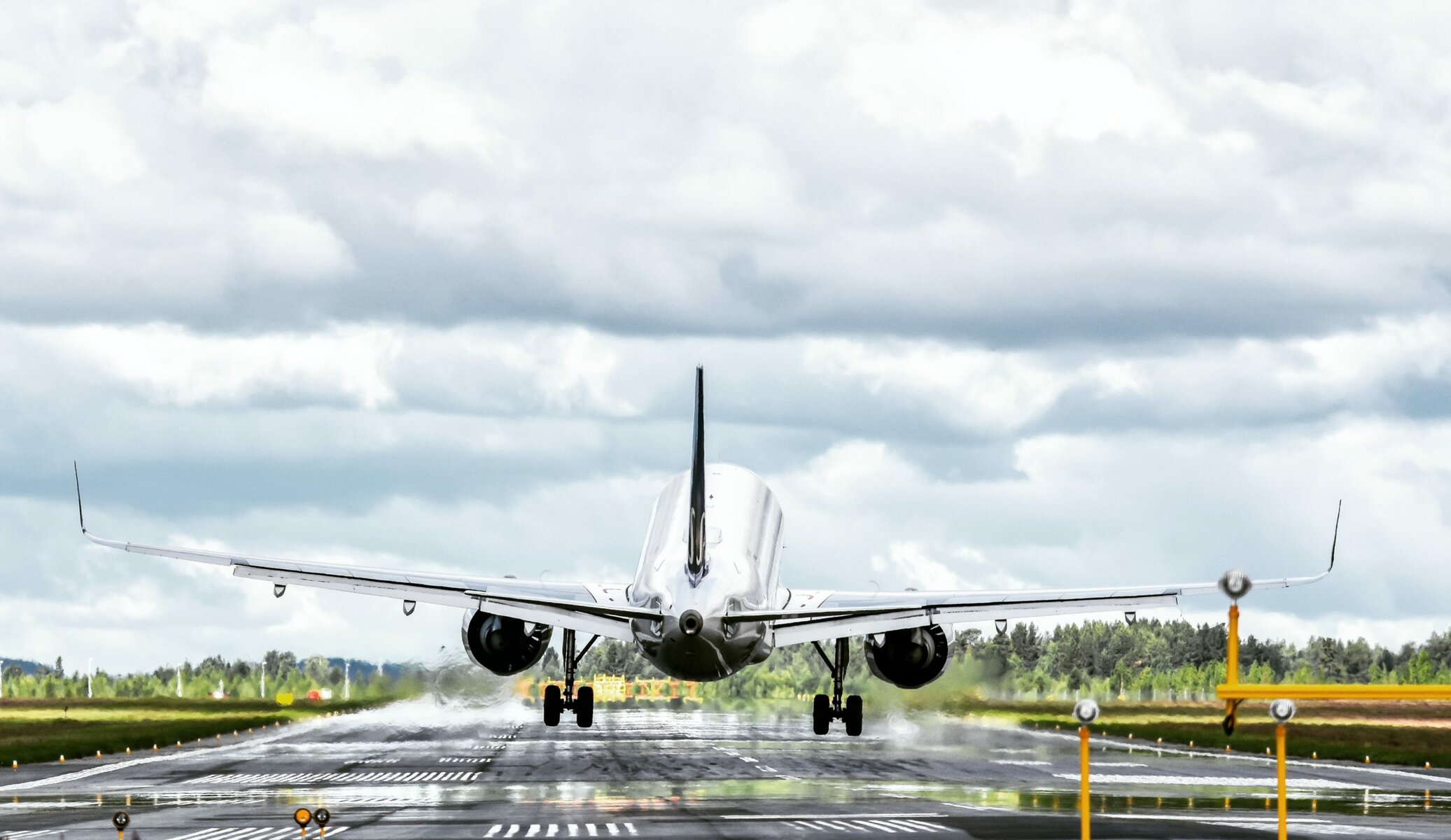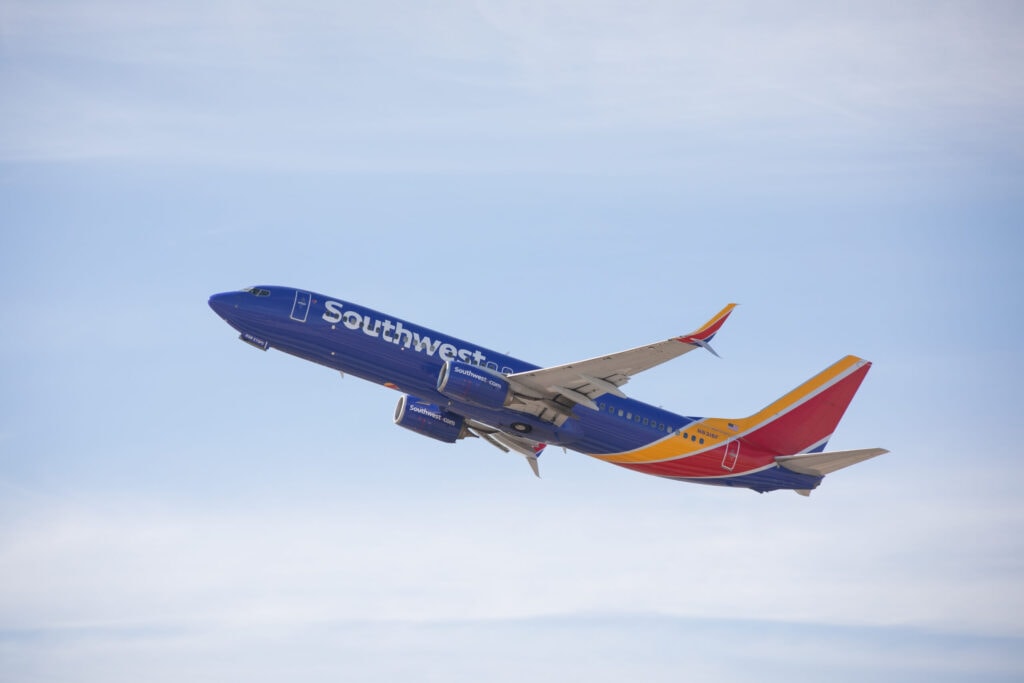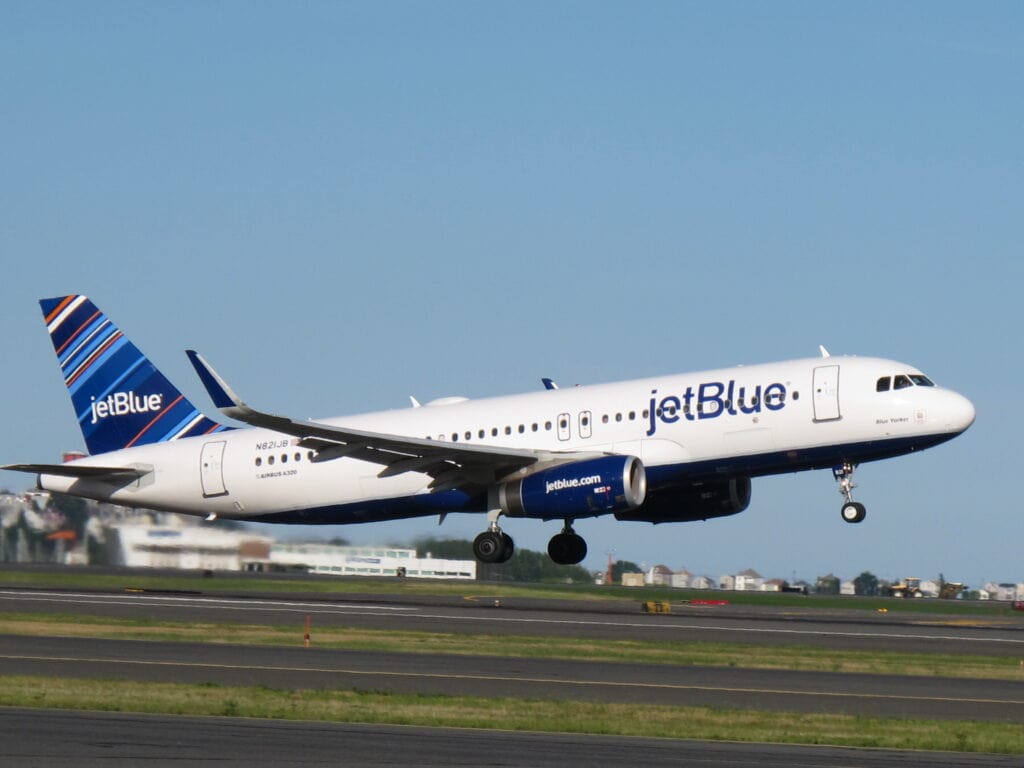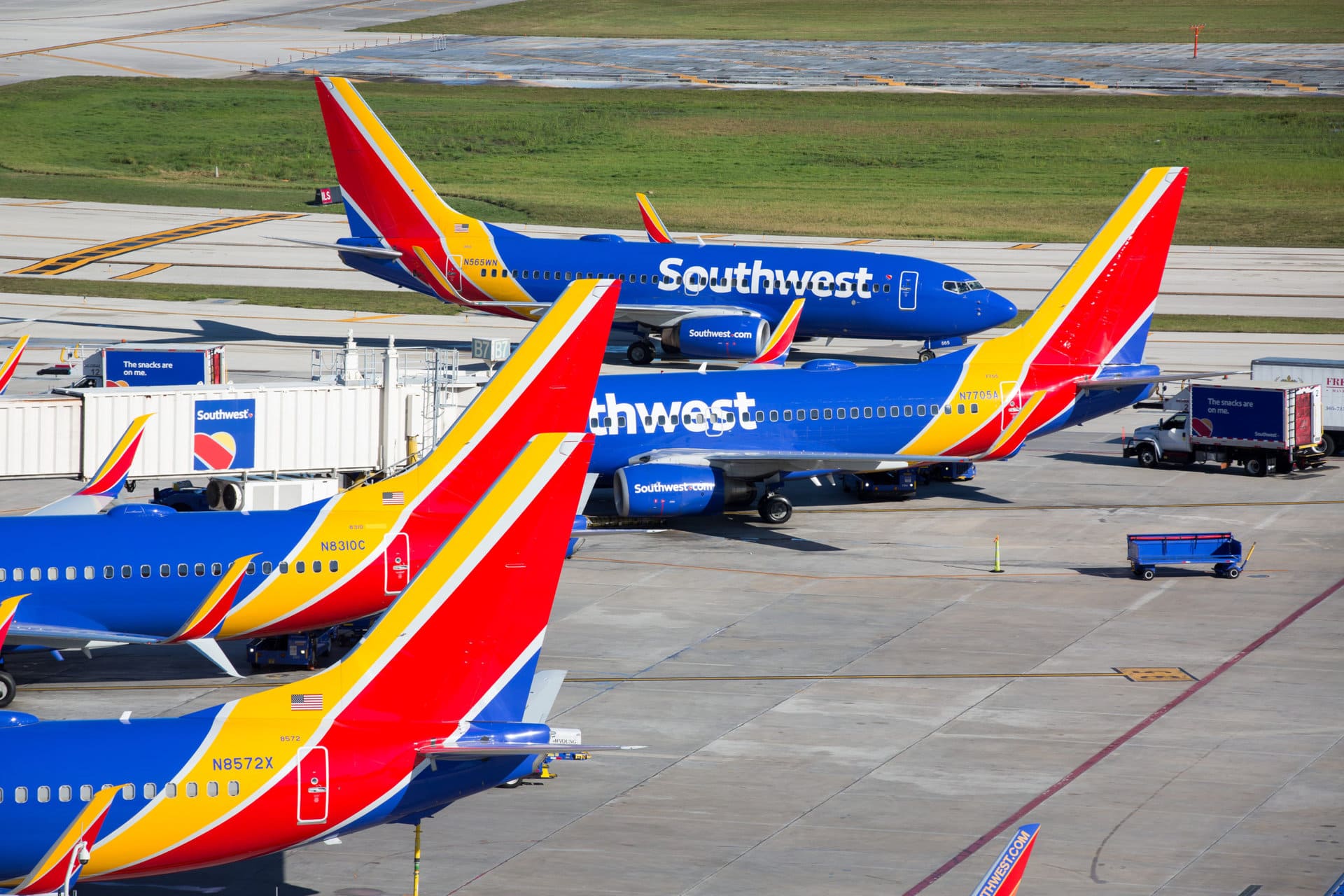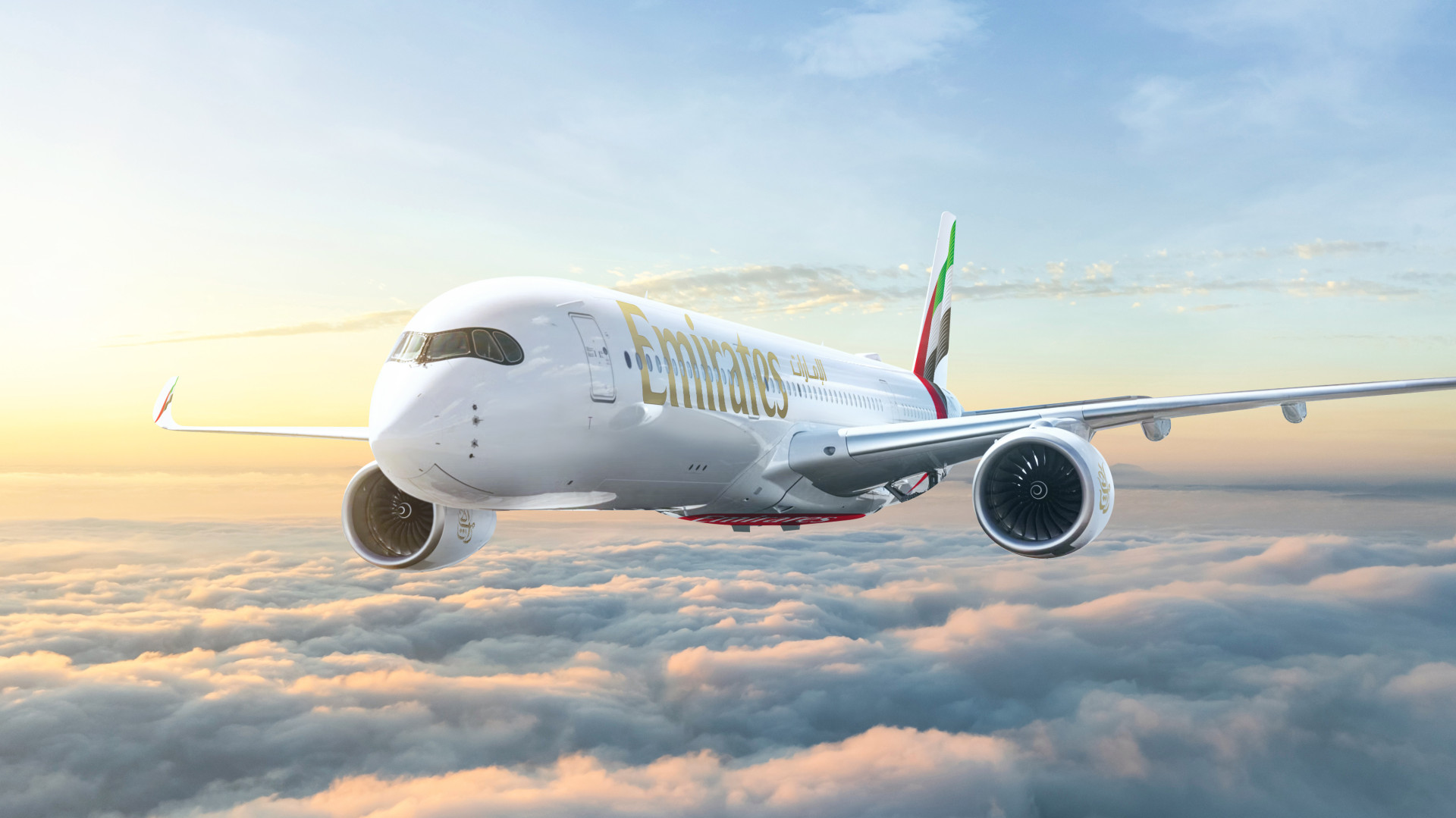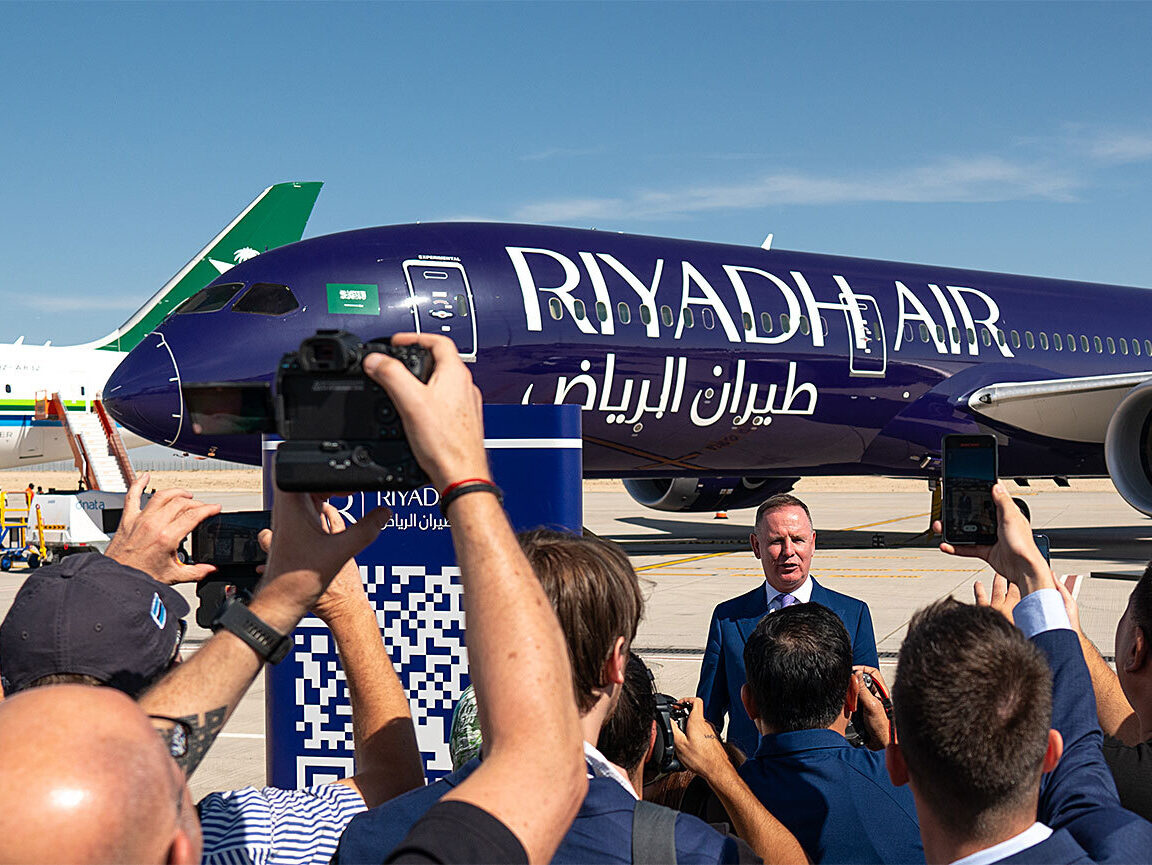Major US airlines have announced record revenues in the third quarter, fueled by surging post-pandemic travel demand, even as labor disputes and delayed deliveries of new aircraft dampened capacity. Despite the headwinds, the industry is in the midst of what one CEO called a “countercyclical recovery.”
The results align with the International Air Transport Association’s revised outlook for the airline industry’s financial performance in 2022, which predicts North American airlines will deliver an $8.8 billion profit in 2022. In addition, demand is expected to reach 95 percent of 2019 levels and capacity 99.5 percent.
American Airlines
Much of that demand is coming from small and medium-sized enterprises and customers traveling for a combination of business and leisure, according to Robert Isom, CEO of American Airlines.
Those business segments continue to outpace the recovery of managed corporate travel, Isom stated on the airline’s earnings call. However, as that corporate travel revenue continues to build, he said, it will add to an already strong base of business demand.
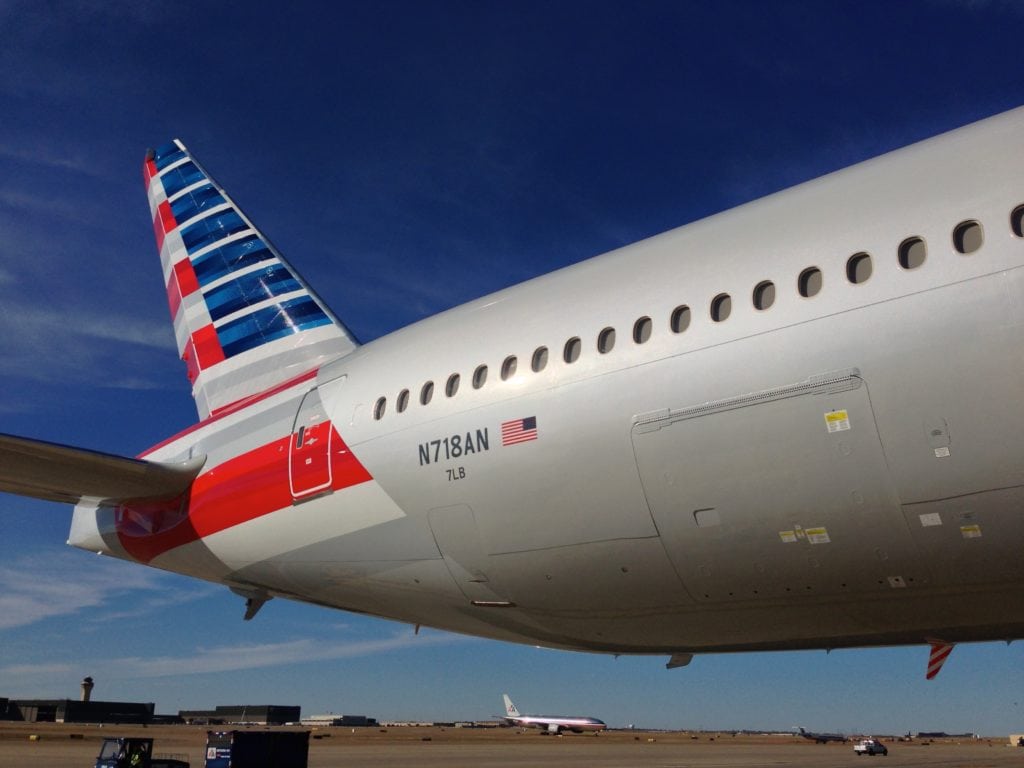
Photo: Courtesy of Enrique Perrella
Vasu Raja, chief commercial officer, said demand has changed post-pandemic, with 45 percent of revenue coming from blended trips, about 30 percent from discretionary travel, and the remaining 25 percent from business trips.
The airline posted revenues of $13.5 billion in the quarter—a record for any quarter in its history and the second profitable quarter in a row.
Delta Air Lines
During the Delta Air Lines call, CEO Ed Bastian told analysts that business travel continues to recover “in line with our expectations,” pointing to a rise in business bookings after Labor Day. Companies are ready to reconnect with their teams and their customers, Bastian said.
Delta also reported record third-quarter revenue of close to $14 billion, producing a net income of $695 million.
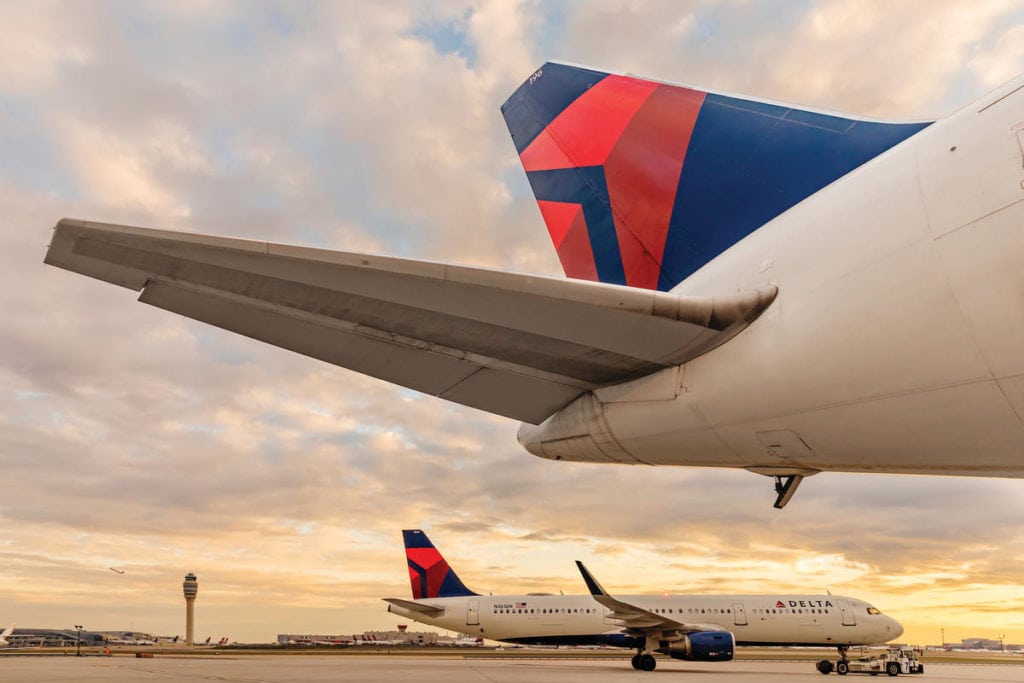
Photo courtesy of Delta Air Lines
Looking ahead into 2023, Bastian was cautious. “Our crystal ball is good for 90 to 120 days. After that, it gets a little murky,” he said. “But from what we can see and what our big corporates are telling us, the travel sector of the economy is going to be very strong through the quarter and into the new year.”
United Airlines
Despite “overall pessimism” facing the global economy, United Airlines CEO Scott Kirby told analysts that there are industry “tailwinds” that will push airline revenues higher in the coming year.
Speaking on the airline’s third-quarter earnings call, Kirby cited strong demand against a backdrop of constrained capacity and a permanent structural change in leisure demand because of hybrid work.
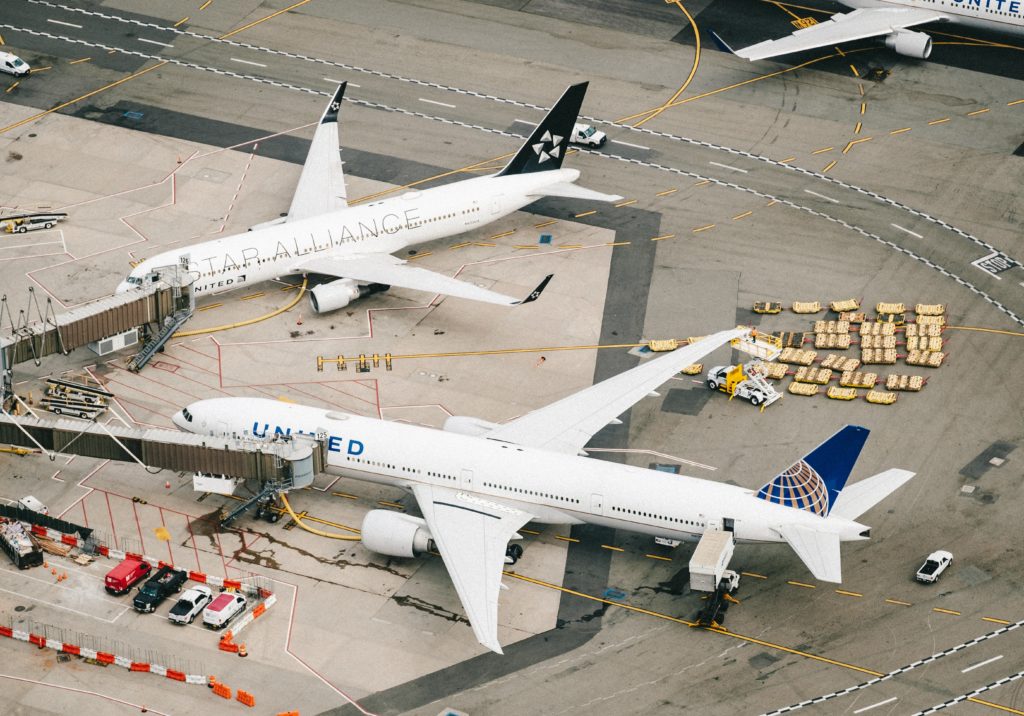
Photo: Courtesy of Chris Leipelt / Unsplash
A third major factor is aviation’s ongoing recovery from COVID-19 and the return of business travel. According to Andrew Nocella, the airline’s chief commercial officer, business travel was about 80 percent of 2019 volume among corporate travel and is undoubtedly going higher, especially for long-haul segments across the Atlantic.
“It’s our observation,” Nocella said, “that a Zoom meeting is simply less practical in a global setting.”
United posted a third-quarter revenue of $12.9 billion, up 13 percent over 2019, while its net profit of $942 million, down 8 percent from the same quarter three years ago.
Southwest Airlines
Southwest Airlines beat estimates with record revenues of $6.22 billion, up nearly 33 percent from last year, leading the airline to a $277 million profit for the third quarter, despite Hurricane Ian, which set the carrier back an estimated $18 million.
“While there’s noise regarding whether we are headed into a recession,” Southwest CEO Bob Jordan told analysts, “we have not seen any noticeable impact on our booking and revenue trends.”
Instead of trying to determine how long some post-COVID trends like blended travel are going to last, Jordan said the focus for Southwest is on returning its network to full strength by next year.
“As business travel continues to restore and as people’s work habits—if that’s a piece of this—continue to move, I think it’s going to take a while for all of this to settle down,”
JetBlue Airways
Meanwhile, JetBlue met analysts’ expectations for the third quarter, posting revenue of $2.56 billion, a 30 percent improvement over the same period last year.
On its third-quarter earnings call, Dave Clark, JetBlue’s head of revenue and planning, said that while contracted corporate bookings were roughly 90 percent recovered, corporate revenue remains below 2019 levels. As a result, he said, corporate revenue “still has a long way to go.”
The carrier is also anticipating the takeover of Spirit Airlines, which was approved by Spirit shareholders last month. The $3.8 billion deal is now under review by federal regulators and faces an uncertain outcome.
“We’re very excited about the prospect of creating this true national low-fare challenger,” CEO Robin Hayes told analysts. “But we’re going to fully respect the regulatory process that’s underway, comply with the requests that are being made by the Department of Justice and hopefully get to a regulatory approval as quickly as time permits.”
